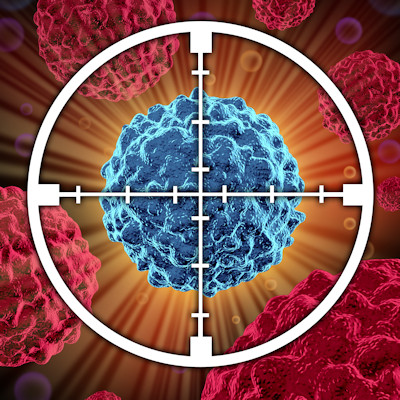November 16, 2022 -- An international collaboration of researchers has discovered an already-known drug that could be a game changer for cancer patients receiving cisplatin chemotherapy. The study, published November 15 in the Journal of Clinical Investigation, identified an approved Parkinson's disease drug that reduces cisplatin's major side effects, while preserving its antitumor properties.
Cisplatin is used to treat lung, ovarian, and testicular cancers. While its antitumor efficacy is proven, cisplatin has major side effects, including acute neuropathic pain and kidney toxicity, sometimes leading to kidney failure. There are currently no effective solutions.
However, the scientists focused on a drug called istradefylline, already approved for Parkinson's disease, which could reduce cisplatin's harmful effects while improving its antitumor properties. Istradefylline blocks the adenosine receptors at cell surfaces. Researchers had previously observed an increased density of these receptors in the brains of patients with dementia. A comparable increase of adenosine receptors under cisplatin exposure was also observed in the kidneys.
The scientists tested the impact of istradefylline in mitigating the harmful effects of cisplatin on animal and cellular models. In cisplatin-exposed mice, istradefylline not only reduced kidney damage but also prevented neuropathic pain. Cisplatin's ability to reduce tumor growth also increased in animals receiving istradefylline -- an effect subsequently confirmed in cell models.
"We already have a lot of clinical data showing that this molecule is safe. While it is necessary to conduct a clinical study to test its efficacy in reducing the side effects of the chemotherapy, the possibility of therapeutic repositioning is a promising perspective for improving patient care in the short term," the researchers said in a statement.
Copyright © 2022 scienceboard.net










